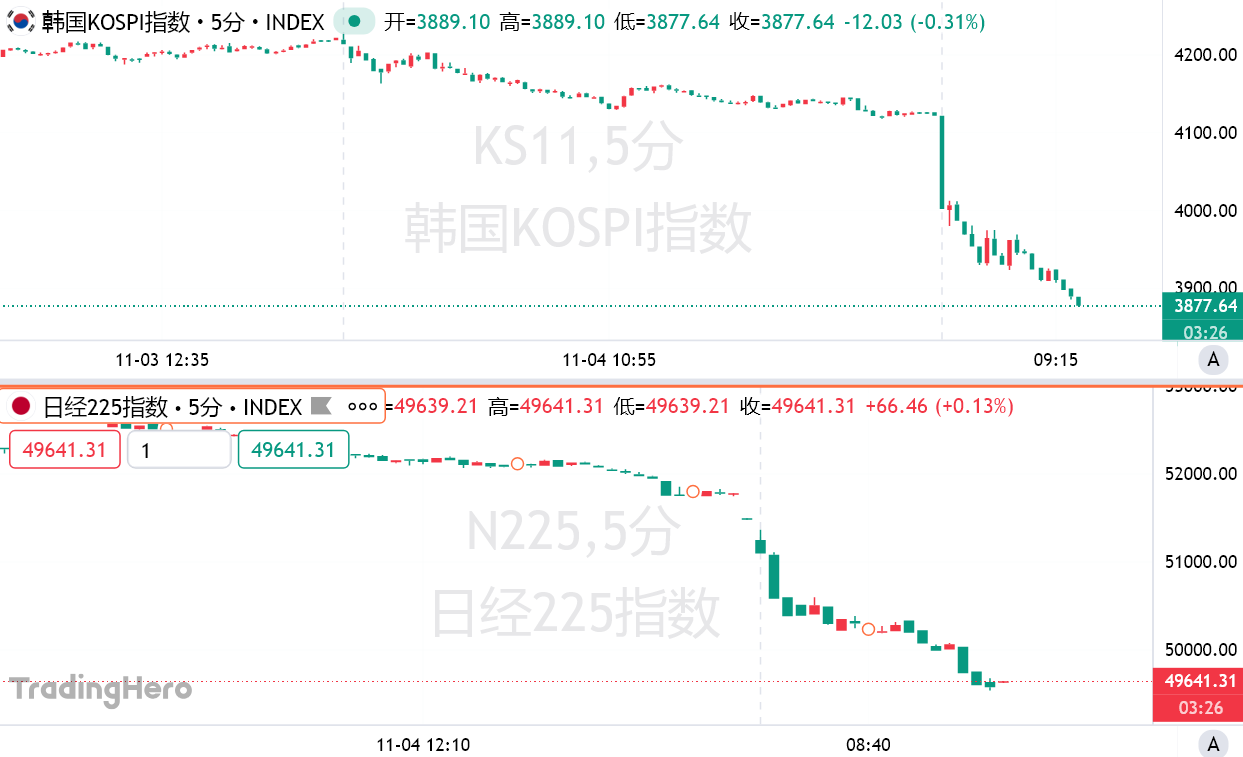OpenAI's ChatGPT Atlas browser raises digital security alerts
- Privacy Risks in ChatGPT Atlas Browser
- Experts warn of rapid injection attacks
- Cryptocurrency users should exercise extra caution
The launch of the navigator OpenAI's ChatGPT Atlas, announced Tuesday, has raised concerns among digital security experts. According to researchers, the new product still has serious vulnerabilities, particularly related to fast injection attacks—a problem that persists even with the company's recent defenses.
Cryptocurrency users have been highlighted as one of the groups most exposed to this type of flaw. This is because a simple hidden line on a seemingly legitimate page can trick the browser assistant into executing unwanted commands, such as copying autofill data, saved logins, or session information linked to exchanges like Coinbase.
The flaw occurs when the assistant interprets instructions embedded in a page's content as legitimate commands. Thus, by simply attempting to summarize a text, the system can inadvertently reveal private information. This behavior poses a high risk in an environment where millions of people already use OpenAI's integrated services every week.
Atlas is definitely vulnerable to Prompt Injection pic.twitter.com/N9VHjqnTVd
— P1njc70r (@p1njc70r) October 21, 2025
Within hours of release, researchers demonstrated successful exploits that included clipboard hijacking, configuration manipulation through Google Docs, and the insertion of invisible phishing commands. The company has yet to issue an official response, but OpenAI's Chief Information Security Officer, Dane Stuckey, acknowledged that "rapid injection remains an unresolved and evolving security issue."
OpenAI's Atlas browser seems to detect prompt injection attempts. pic.twitter.com/fwCeSDZrNU
—Ethan Wickstrom (@ethan_wickstrom) October 21, 2025
Stuckey highlighted that measures such as "Observation Mode," red-teaming, and rapid response systems are being improved, but admitted that adversaries "will spend significant time and resources" to exploit gaps.
Atlas, available for download on macOS, collects user history and actions by default through the "Memories" feature. This data can be used internally for personalization, although the privacy policy still leaves gaps regarding how the information is stored and deleted.
For those who decide to try it, experts recommend disabling "agent mode," which allows the browser to perform autonomous actions. They also suggest using "disconnected" mode when accessing sensitive websites and never allowing the browser to manage authenticated sessions related to finances, health, or corporate email.
Disclaimer: The content of this article solely reflects the author's opinion and does not represent the platform in any capacity. This article is not intended to serve as a reference for making investment decisions.
You may also like
Bitcoin May Face "The Last Drop": The Real Scenario of Liquidity Squeeze Is Unfolding
Bitcoin may be in the "final drop" stage of this correction. At the intersection where fiscal spending resumes and the next interest rate cut cycle begins, a new liquidity cycle will also be restarted.

Galaxy Research Report: What Is Driving the Rise of the Doomsday Vehicle Zcash?
Regardless of whether ZEC’s price strength can be sustained, this round of market rotation has successfully forced the market to reassess the value of privacy.

Asian stock markets plunge with circuit breakers triggered; Korea hits circuit breaker during trading, Nikkei falls below the 50,000 mark
Wall Street warns: This is just the beginning, and the panic triggered by the bursting of the AI bubble has only just started.

Only 0.2% of traders can exit at the bull market peak: The art of "smart exits" in the crypto cycle

